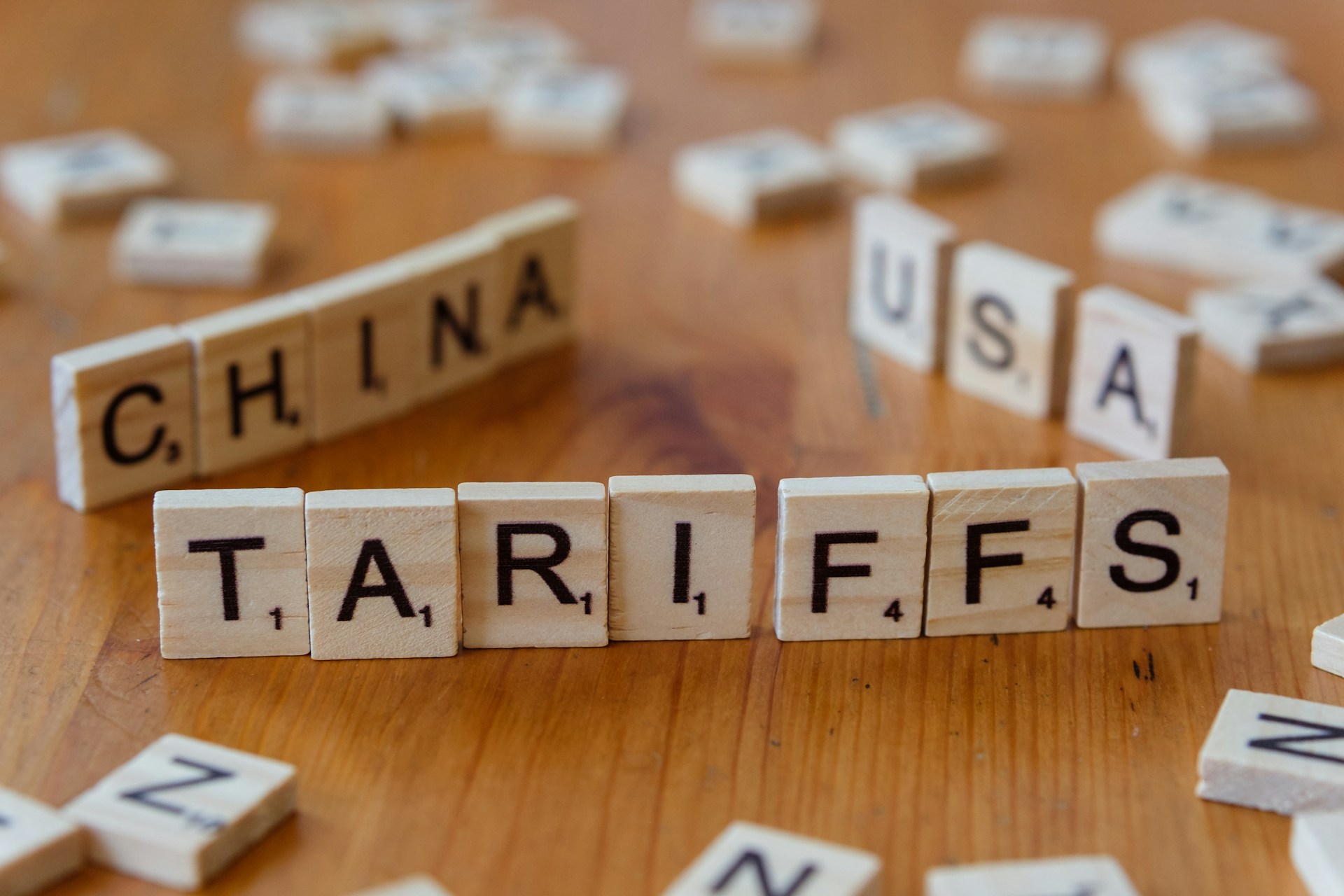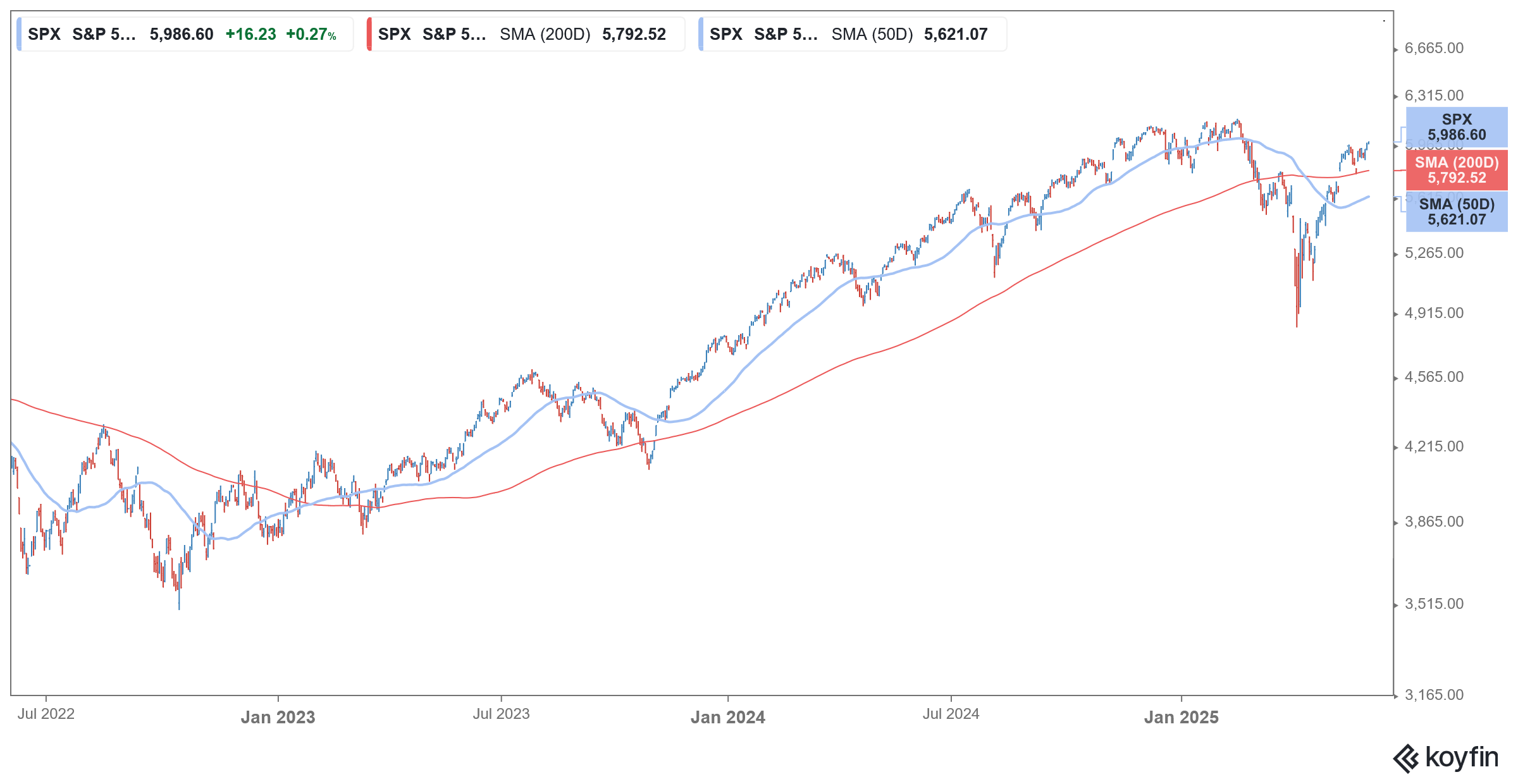
After the US and China accused each other of violating the trade agreement that they reached in Geneva last month, US President Donald Trump has said that it is “extremely hard” to make a deal with his Chinese counterpart, Xi Jinping. Trump’s comments are yet another sign of cracks in the 90-day trade truce that the two sides reached last month.
“I like President XI of China, always have, and always will, but he is VERY TOUGH, AND EXTREMELY HARD TO MAKE A DEAL WITH!!!,” wrote Trump on Truth Social.
US-China trade tensions
For context, on April 2, Trump slapped a 34% tariff on Chinese imports as he imposed reciprocal tariffs on over 180 countries. However, the two countries gradually raised the tariffs in tit-for-tat retaliation. While Trump provided tariff relief on tech goods like smartphones and PCs, many other products were subject to a 145% tariff. This included 125% “reciprocal tariff” and 20% “fentanyl-related” tariffs.
However, the two sides reached a temporary trade truce last month. As part of the agreement, the “reciprocal tariffs” that both countries imposed on each other last month were slashed to 10%. However, the fentanyl-related tariff of 20% that President Trump announced well ahead of the reciprocal tariffs on April 2 remained in place.
This meant that Chinese imports into the US attracted a tariff of 30% after the truce. While that might seem high, it is significantly below the 145% tariff that Chinese products were subject to prior to the agreement. This tariff regime was to be in place for 90 days, during which time the two sides were supposed to negotiate a wider trade deal.
The agreement was much better than what markets were expecting, given the hardened positions the two sides took in the preceding couple of months.
Notably, the Trump administration has said that 10% would be the minimum base tariff on all countries, which would be applicable even after a trade deal is negotiated. Last month, the US signed a trade deal with the UK, which was the first such agreement since the announcement of reciprocal tariffs. Imports from the UK would now attract a flat 10% tariff as part of the agreement.
The US accused China of violating the trade deal
However, since last week, there have been signs that the US-China trade agreement is not holding up well. In an interview with Fox News, Treasury Secretary Scott Bessent said that U.S.-China trade talks “are a bit stalled.”
“I think that given the magnitude of the talks, given the complexity, that this is going to require both leaders to weigh in with each other,” said Bessent. He added, “They have a very good relationship and I am confident that the Chinese will come to the table when President Trump makes his [preferences] known.”
Trump too accused China of violating the trade truce and in a post on Truth Social, said, “Two weeks ago China was in grave economic danger! The very high Tariffs I set made it virtually impossible for China to TRADE into the United States marketplace which is, by far, number one in the World. We went, in effect, COLD TURKEY with China, and it was devastating for them. Many factories closed and there was, to put it mildly, “civil unrest.”
JPMorgan CEO Jamie Dimon believes that China is not “scared” of Trump’s tariffs. “This notion that they’re going to come bow to America, I wouldn’t count on that,” added Dimon.
China vows countermeasures
China, meanwhile, denied that it was violating the trade truce, and a Commerce Ministry spokesperson said that the country “firmly rejects these unjustified accusations.” They instead accused the US of going back on the agreement and said the country “seriously undermined” and “violated” the trade agreement through “export control guidelines for AI chips, stopping the sale of chip design software to China, and announcing the revocation” of visas for Chinese students.
The spokesperson warned, “If the U.S. insists on its own way and continues to damage China’s interests, China will continue to take resolute and forceful measures to safeguard its legitimate rights and interests.”
Suspense over Trump-Xi call
While the US has been calling for a call between Trump and Xi to iron out the trade differences, the Chinese side hasn’t seemed too keen on the call.
According to Bert Hofman, professor at the East Asian Institute at the National University of Singapore, “The U.S. side seems very keen on a Trump-Xi meeting or phone call. This caters to Mr. Trump’s desire to be seen as the master dealmaker. In contrast, the Chinese tradition is the opposite: leader’s meeting or call should take place once lower-level officials have reached major agreements, with few if any points outstanding.”
The US-China trade war might escalate
Meanwhile, there are signs that the US-China trade tensions might escalate further as the two sides accuse each other of violating the agreement. Trump has already raised the steel and aluminium tariffs to 50% on “national security grounds.”
Notably, the odds of a US recession rose amid the tariff uncertainty. Multiple economists warned that the tariffs would raise the cost for US consumers and push the world’s largest economy into a recession. The crash in US share markets did not help and only dampened consumer sentiments.
Fed chair Jerome Powell has also been cautioning about the repercussions of Trump’s tariffs. Speaking at a business journalism conference in Arlington, Va., Powell said, “Higher tariffs will be working their way through our economy and are likely to raise inflation in coming quarters.”
Notably, Powell has held rates steady amid the tariff uncertainty, which earned him the wrath of Trump, who nicknamed him “too late.” However, despite Trump publicly calling upon Powell to cut rates, the Fed chair hasn’t cut rates as the US central bank continues to watch the administration’s policies on trade and immigration that could potentially push inflation higher.


Question & Answers (0)